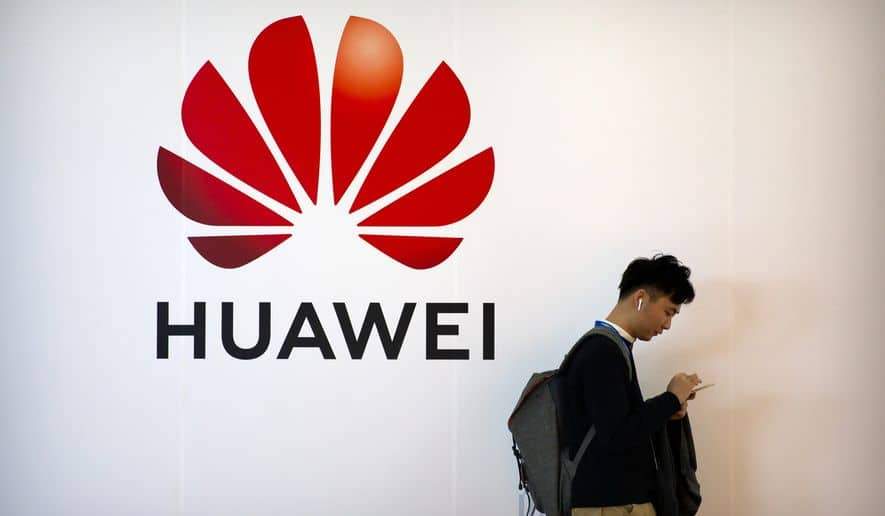Huawei runs campaign to look like solution to global problems

“After this ad started running, we determined that it was related to U.S. politics and issues of national importance,” reads a statement posted in the Facebook Ad Library. “We require these types of ads to be paid for in U.S. dollars. This ad was paid for in foreign currency, so we took it down.”
Before the ad stopped running on March 9, it received 60,000 to 70,000 impressions from Facebook users primarily in Western Europe, Canada and the United States. When the ad ran, western nations were debating whether and how to allow Huawei to contribute to 5G network technology development in their countries.
The U.S. government has not been open to working with Huawei. The Department of Justice indicted the tech giant on racketeering charges in February and President Trump’s administration has announced a coming ban on Huawei doing business in the U.S.
None of that stopped Huawei from pushing ahead with its American influence efforts. The company recorded videos with Michael Carvin, partner at the law firm Jones Day, featuring the Capitol dome over his shoulder as he argues that Huawei poses no risk to America. Huawei has shared videos of Mr. Carvin throughout March, and it also paid for ads on Twitter to say its actions are motivated by “human responsibility” and to #ConnectNotDivide.
Huawei also looked to capitalize on positive publicity associated with sending medical supplies to New York when the coronavirus pandemic hit the U.S. The Chinese internet and technology company reportedly delivered 10,000 masks, 20,000 isolation gowns, 50,000 goggles and 10,000 gloves.Photo: Photo by: Mark SchiefelbeinIn this Thursday, Oct. 31, 2019, file photo, a man uses his smartphone as he stands near a billboard for Chinese technology firm Huawei at the PT Expo in Beijing. (AP Photo/Mark Schiefelbein, File) **FILE**
Link: https://www.washingtontimes.com/news/2020/mar/31/huawei-runs-campaign-look-solution-global-problems/











